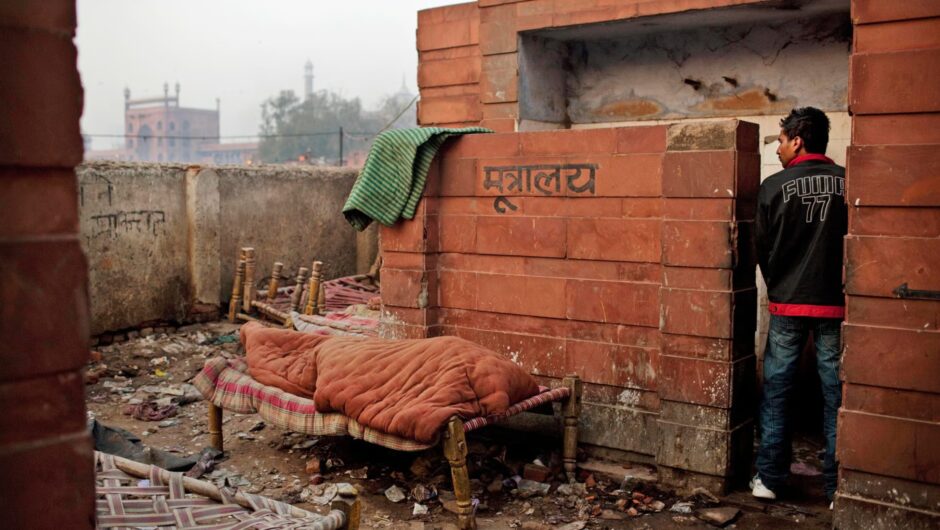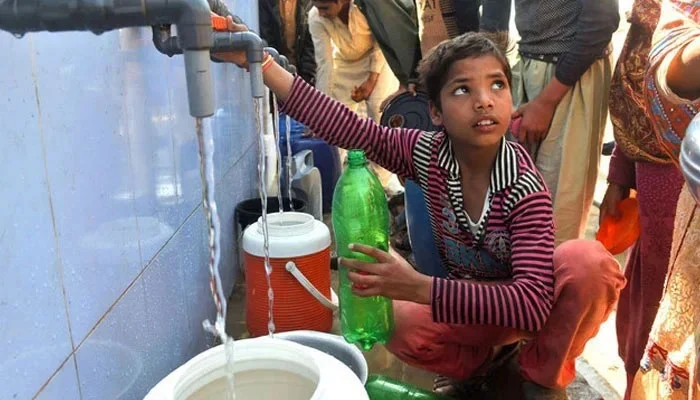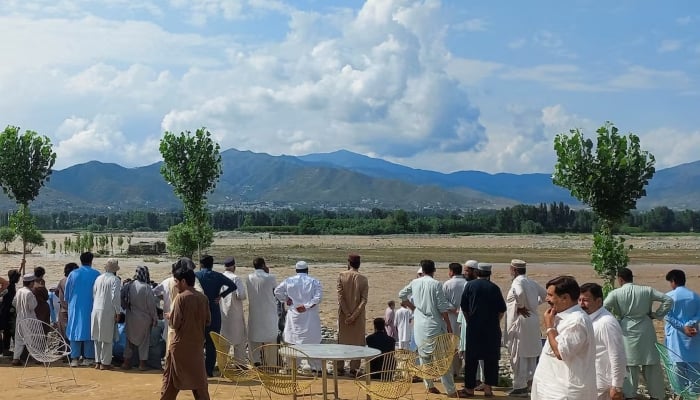In a dramatic turn of events, India has reportedly pressured the International Monetary Fund (IMF) to dismiss one of its directors in an effort to block the release of a much-needed $2.3 billion bailout package to Pakistan. The move has sparked a heated debate over international financial politics, the role of the IMF, and the geopolitical tensions between two of South Asia’s largest nations. While India’s involvement in the IMF’s internal affairs raises questions about the independence of the global financial institution, the broader implications of this action could reshape future economic engagements in the region.
The Background of the IMF Bailout
In late 2022, Pakistan was facing an acute economic crisis, with rising inflation, a deteriorating foreign exchange reserve position, and an unsustainable fiscal deficit. To avert a default on its international debts, Pakistan turned to the IMF for assistance. After protracted negotiations, Pakistan and the IMF agreed on a financial package that would provide Pakistan with $2.3 billion to stabilize its economy, fund essential imports, and shore up its foreign exchange reserves.
However, the disbursement of the package became a subject of political contention. While Pakistan’s leadership emphasized the importance of the IMF loan to avert a financial collapse, regional geopolitical dynamics complicated the situation. Pakistan, as India’s neighbor and longstanding rival, has historically been the subject of India’s scrutiny in various international forums. New Delhi, which holds significant political influence within global institutions, used its diplomatic leverage to challenge Pakistan’s access to IMF resources.
The Role of the IMF Director
The IMF operates as an international financial institution designed to provide assistance to countries facing balance of payment problems or economic crises. However, it is not immune to political pressures. Each member country of the IMF has voting power based on its financial contributions, and countries with larger economies—like India—wield significant influence in shaping the organization’s policies and decisions.
The IMF director in question, who had been overseeing Pakistan’s financial package, was reportedly targeted by Indian authorities who expressed concerns about the fairness of the IMF’s dealings with Pakistan. According to multiple sources, India objected to the director’s favorable stance toward Pakistan’s request for the $2.3 billion bailout, citing Pakistan’s track record of financial mismanagement, its rising debt, and its inability to honor past commitments.
India’s objections intensified as the IMF prepared to release the bailout package, leading to a series of high-level diplomatic interventions. India’s influence within the IMF reportedly prompted the organization to reconsider the approval process, which eventually led to the dismissal of the director overseeing the deal. This drastic move has raised eyebrows about the degree of political interference in the IMF’s decision-making process, and whether the institution can maintain its independence in the face of intense geopolitical pressures.
Geopolitical Context and India’s Motivation
India’s motivation for blocking the release of the IMF funds to Pakistan can be understood within the broader context of regional politics and the longstanding rivalry between the two countries. India and Pakistan have had a tumultuous relationship, marked by historical conflicts, territorial disputes, and competing political ideologies. The rivalry has extended into economic spheres, where India has often used its influence to limit Pakistan’s access to global financial resources.
One of the main reasons India may have sought to block the IMF loan is the belief that such financial support could allow Pakistan to strengthen its economy, potentially improving its military capabilities and political leverage. By preventing the release of the IMF package, India could weaken Pakistan’s economic stability and further isolate it on the global stage.
Additionally, India’s actions may also be driven by a desire to highlight Pakistan’s financial mismanagement and its failure to meet international financial obligations. New Delhi has often criticized Islamabad for not doing enough to combat corruption, reduce its debt burden, and implement structural economic reforms. By blocking the IMF’s financial assistance, India aims to put pressure on Pakistan’s government to make deeper economic and political changes.
The IMF’s Response and Criticism
The IMF, known for its role in promoting financial stability and ensuring the economic well-being of its member countries, has faced criticism for succumbing to political pressures. While the institution has not officially commented on the allegations of Indian influence in the dismissal of the director, the incident raises questions about the IMF’s commitment to its mandate of impartiality and fairness in global financial decision-making.
Critics argue that the IMF’s independence is crucial to maintaining its credibility and trustworthiness as a neutral body dedicated to addressing the economic challenges faced by its member countries. If political considerations begin to outweigh economic realities, the institution’s effectiveness in providing objective financial assistance could be severely undermined.
Moreover, the IMF’s failure to shield its internal operations from external political pressures could set a dangerous precedent, where member states with significant political and economic influence might use the institution to settle geopolitical scores. This could erode the institution’s legitimacy and diminish its role as a trusted partner for countries in need of financial aid.
Pakistan’s Reaction
Pakistan’s leadership has condemned the actions of India, accusing New Delhi of interfering with Pakistan’s sovereign right to secure financial support from international organizations. Pakistan’s government has stated that it remains committed to implementing necessary economic reforms and that the IMF bailout is crucial to its efforts to stabilize the economy and avoid a default.
Pakistan’s Finance Minister, in a press statement, criticized the political maneuvering involved in the IMF’s decision-making process, emphasizing that the international community should support Pakistan’s development rather than allow geopolitical tensions to hinder financial assistance. The government has vowed to continue diplomatic efforts to ensure the release of the $2.3 billion loan, despite India’s attempts to block it.
Implications for the Region and Beyond
India’s actions may have far-reaching implications for the political and economic landscape of South Asia. First and foremost, the incident highlights the growing intertwining of finance and geopolitics, where economic aid and international financial resources are increasingly seen as tools in broader strategic power struggles. It also raises questions about the role of global institutions, like the IMF, in upholding neutrality and fairness amidst geopolitical rivalries.
For Pakistan, the denial of the IMF bailout would exacerbate its already precarious economic situation, potentially leading to a financial crisis. For India, the victory in blocking the loan could further destabilize Pakistan, but it could also reinforce the narrative that economic development in the region is often influenced by political rivalries.
In the larger context, the incident serves as a reminder of the challenges facing international institutions in maintaining their independence, especially when faced with intense political and diplomatic pressures. How the IMF navigates this issue will have implications not only for South Asia but also for its credibility in other regions grappling with political and economic crises.
Conclusion
The dismissal of an IMF director at India’s behest to block the release of $2.3 billion to Pakistan marks a new chapter in the intersection of global finance and geopolitics. While the incident underscores India’s growing influence in international financial institutions, it also raises important questions about the independence and impartiality of organizations like the IMF. The situation will likely continue to evolve, with significant implications for the economic stability of Pakistan, the power dynamics in South Asia, and the role of international financial organizations in a politically charged world.
Topics #featured #Pakistan #trending pakistan




